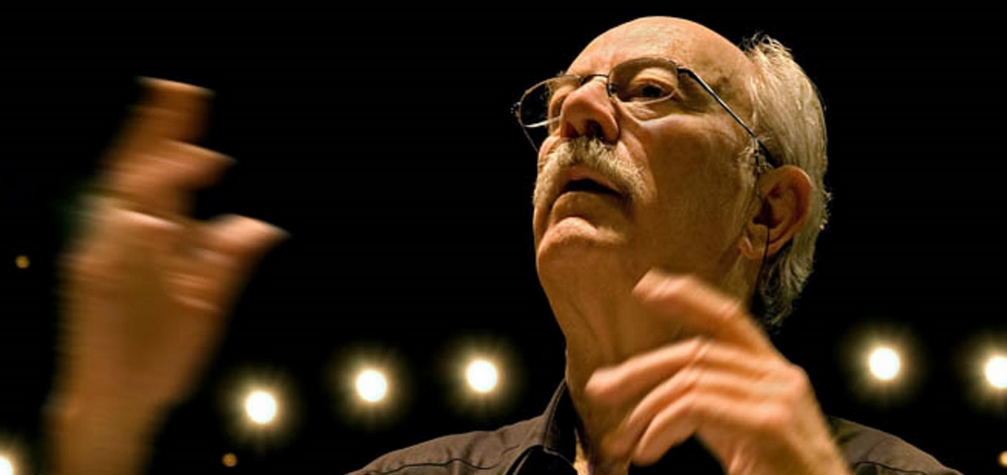Baroque specialist, harpsichordist and pioneering conductor of Handel opera passes at 80.
The pioneering American early music conductor and harpsichordist Alan Curtis has died unexpectedly in Florence, Italy. A leading light in the period instrument revival and a noted proponent of Handel’s operas, he leaves behind a raft of fond memories and a rich and rare discography.
Born November 17, 1934 in Mason, Michigan, Curtis studied at the University of Illinois before moving to Amsterdam to work with early music pathfinder Gustav Leonhardt. Beginning his long career as a harpsichordist, Curtis made recordings of mainstream repertoire such as Bach’s Goldberg Variations at a time when piano versions were still very much the norm.

In the 1950s he was a leading theorist in the study of early plucked strings and keyboard instruments and became the first modern harpsichordist to address the problems of Louis Couperin’s notorious unmeasured preludes. He went on to commission the first modern copy of a chitarrone as well as the first chromatic (split-key) harpsichord to be built in the 20th century. His use of the archlute in the Baroque opera was considered ground-breaking.
Combining a performance career with an academic career as musicologist that took him from the University of Berkeley in California to a number of leading European learning institutions, he came eventually to specialise in the recreation and performance of Baroque opera. Utilising period instruments and forming his own orchestra, Il Complesso Barocco, he revived many operas originally considered lost to music history, focussing his research on original sources and period choreography. In 1978, for a production of Handel’s Admeto, Curtis attempted for the first time to recreate Handel’s own opera orchestra.

Alan Curtis recorded prolifically for a many labels but primarily for Virgin, Deutsche Grammophon’s Arkhiv label and Teldec. His opera recordings, which went hand in hand with his stage revivals, include Handel’s Alcina and Ariodante (both with Joyce Didonato) Floridante, Radamisto, Giulio Cesare (with Karina Gauvin and Marie-Nicole Lemieux) Tolomeo, Arminio, Rodelinda (with Simone Kermes), Admeto, Fernando, Berenice, Deidamia and a glorious recreation of Rodrigo – Handel’s very first Italian opera.
He also covered Gluck’s Armide and Ezio, Conti’s David, the first modern performances of Vivaldi’s Il Giustino, the same composer’s Montezuma and most recently Catone in Utica. Madrigal collections include two volumes of Monteverdi’s chamber duets and works by Michelangelo Rossi and Antonio Lotti. Curtis won the International Handel Recording Prize, a remarkable three times: for Arminio in 2002, Deidamia in 2004 and Radamisto in 2006.
Tributes have been paid on social media including, from Joyce DiDonato who wrote: “Saying goodbye to a Titan of music: no one has ever loved it more. Alan Curtis, thank you for all that you brought to the world…ah mio cor” and “It bears repeating: I’ve never known anyone to unabashedly and infectiously LOVE music as much as Alan did. He was a Titan in bringing an avalanche of “unknown” music to modern times, and our musical world is all the better for it. Rest in peace, Alan”.











Comments
Log in to join the conversation.